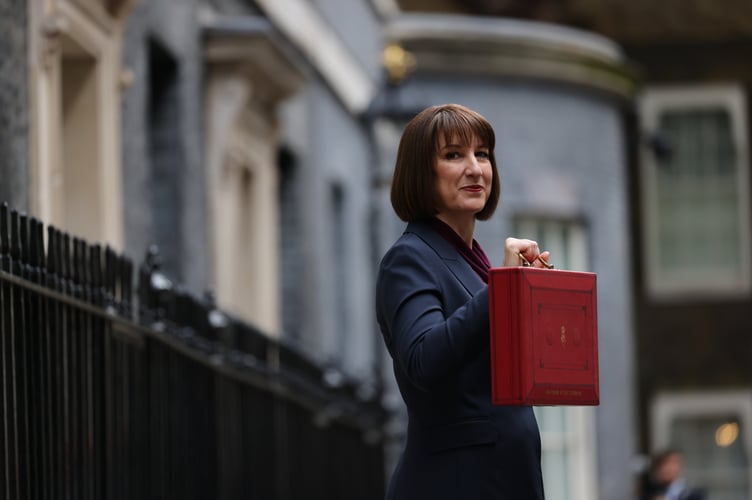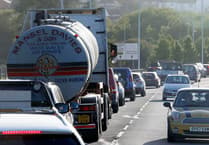What happens when you keep on telling yourself a lie? A tiny little porky, that seems so harmless, no one calls it out. Surely it doesn’t matter; everyone knows what we really mean, don’t they?
Or maybe it does matter, just as the first genetic changes in cells turning malignant matter. Gradually the harmless little lie takes over. The narrative changes. The acceptance of the non-truth becomes part of our psyche. And many years later we find ourselves living in a world of delusion and having to face the painful consequences.
Back in 1945, our country was both bankrupt and exhausted. Within not much more than a single generation we had fought through two world wars. Most families would have been scarred by the ravages of conflict. Not surprisingly, there was a feeling that Britain deserved and had earned something better; a “country fit for heroes”.
William Beveridge’s 1942 report was key. He identified the five giants on the road to reconstruction; Want, Disease, Ignorance, Squalor and Idleness. Interestingly he also warned that the state “should not stifle incentive, opportunity, responsibility; in establishing a national minimum, it should leave room and encouragement for voluntary action by each individual to provide more than that minimum for himself and his family.”
Clement Atlee’s Labour Party won a landslide election in 1945, and implemented our modern welfare state. Aneurin Bevin’s NHS Act of 1946 founded our post war healthcare system.
These changes were not without controversy. Inevitably some were worried about affordability. Interestingly, other European countries, some of who had been far more damaged by war, decided (or were forced) to fix their productive industry as a priority; West Germany was the most obvious example.
For those who looked, there was writing on the wall. Britain had been unable to take a single capital warship (Fleet Carrier or Battleship) from laying down to commissioning in the five years of the Second World War. Ships were being started, built and others commissioned, but the process was slow. By contrast in the US, it took 18-24 months to build a Fleet Carrier; the fastest (USS Essex) was 14 months. Comparing war torn Britain with the continental US isn’t entirely fair, and there had been a herculean effort to produce armaments, but our ability to create wealth was beginning to lag before 1945.
However, it is very understandable that the British people yearned for their “country fit for heroes”. War had driven massive advances in nutrition, medicine, education and social mobility. People wanted to enjoy the benefits.
Which is when the little lie crept in. The new services provided by the state were “free”. Deep down, everyone knew that wasn’t true; the costs had been mutualised, paid for by high and progressive taxes. But look at the old adverts and no one was qualifying the “free” services on offer.
Eighty years down the line our right to “free” public services is now burnt into the national psyche, a process that Covid really rammed home. Most of us believe that is right with healthcare and education, but should the state really be providing “free” top end cars, all expenses covered, for those with ADHD? It’s a fair question at very least.
Should school children sit down and eat the same lunch together? In my opinion yes, not because it’s the state’s duty to feed our kids, but because it is an important part of social education. Humans break bread together and have done since we came out of the trees; it’s one of the things that defines us. But a “free” lunch never has and never will exist!
And we certainly can’t afford an army of young able bodied people being written off as permanently unfit for work.
Chancellor Reeves has a desperate struggle to balance the books next month. It would help her (and her successors of all political parties) if we stopped lying to ourselves and recognised both the value and costs of our public services. Someone has to pay.




Comments
This article has no comments yet. Be the first to leave a comment.